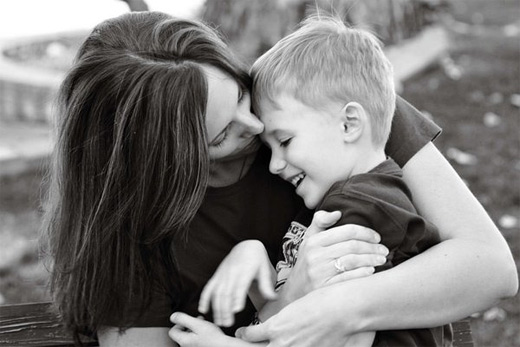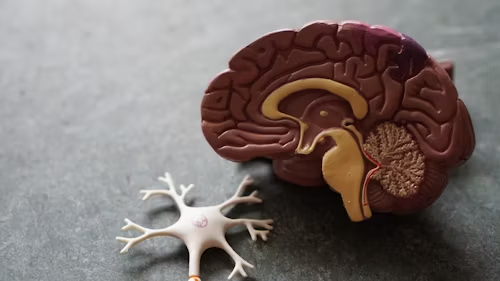Enneagram Type 2: The Helper

The main orientation/fundamental motivation of Type 2 individuals is "to be loved, needed, and to make others happy."
Positive Potentials:
- Warm, affectionate, and highly skilled in communication, Type 2 individuals value loving and being loved, and they prioritize their loved ones. Making their loved ones happy is very important to them. Even without being told, they can sense whether the people around them need help and act immediately. They express their emotions freely. These individuals quickly warm up to new environments and initiate communication. They also take on roles such as mediator and peacemaker.
Potentials Vulnerable to Negativity:
- Because they value their relationships greatly, they can be easily affected by negativity in their relationships. They may excessively possess their relationships and exhibit extreme jealousy. They can be easily affected by negativity and become sensitive. Their expectations (especially emotional ones) in relationships can be high, and when these are not met, they may display aggressive behaviors.
General Characteristic Features:
- Type 2 individuals who value emotions shape their behavior according to their feelings. They are outgoing, quick to connect with people, affectionate, and helpful. They attach great importance to loving and being loved. They have no trouble showing their love, both verbally and through actions. Just as they try to show their love, they also expect to feel it or have it expressed by the other party.
They are very attentive to their loved ones, consider their desires and needs, and tend to show their affection and generosity. They tend to expect the same behavior from others. They value being loved as much as they value loving. If they do not receive the support they give to their loved ones in return, they may become sensitive or resentful.
They show their interest in their loved ones through positive behaviors and expect reciprocity. If they do not find it, they may express this with reproachful behavior or by sulking. They tend to possess their loved ones and expect to be possessed in the same way. Their possessive behaviors may sometimes go overboard. They attach great importance to sharing in their relationships, enjoy talking, and can easily express their feelings and actions. They dislike being alone.
They can display demanding and insistent attitudes for their desires. They can be directive towards people, sometimes for the good of the other person, sometimes for their own desires. They fear losing their loved ones, so they may try to control them and may overextend themselves.
They Feel They Live by Loving and Being Loved

Type 2 individuals have emotions at the center of their lives, shaping their lives and behaviors according to their feelings. Love is very important to them, and they attach great importance to feeling it. They feel they live by loving and being loved.
Being liked, feeling valued, and being loved are very important to them, and feeling otherwise makes them feel very bad; this is the worst-case scenario for them. They have very strong emotions and a sensitive nature, easily affected by negative emotions around them. They are very sensitive to pain and deaths, which evoke feelings such as compassion, mercy, and a desire to help.
They can be easily affected by negativity and may sulk, and because they dislike sulking, they want to reconcile as soon as possible. While generally it is easy for them to make up and reconcile, sometimes they can be stubborn.
They Have Strong Practical Intelligence
They are not very interested in analyses, theories, and abstract concepts and have more practical intelligence. They value emotional reasons over logical reasons and care more about concepts like liking or disliking rather than cause and effect.
Type 2 individuals, who attach great importance to family, take care of each family member individually and closely. They show great interest in their family, share emotionally with them, and empathize. They expect the same things from their family. They attach great importance to all kinds of relationships, including social and personal ones, do not forget special days, and expect similar attitudes from the other party.
They are very affectionate, sincere, and active in their social lives. They value attention and being liked, so they pay attention to their appearance.
They are very sensitive to their friends' problems and can individually take care of each one. When they do not find the same sensitivity, they feel bad and may become sensitive.
They Have a Tendency to Attach to Their Loved Ones
In their special relationships, they are very affectionate, caring, tolerant, and sacrificial. They show a lot of interest in their spouses/partners and try to act according to their desires. They have a tendency to attach to their loved ones. They have desires to love and be loved excessively. Type 2 individuals who are overly possessive of their partners can be controlling, dominating, and directive.
They Are Children Who Value Loving and Being Loved
Type 2 individuals also value the opinions of those around them in their childhood and act according to their expectations. They strive to be good children all the time, behave according to the desires of those around them, and take on roles of being helpful and giving. They attach great importance to loving and being loved, trying to establish themselves among their family and friends.


